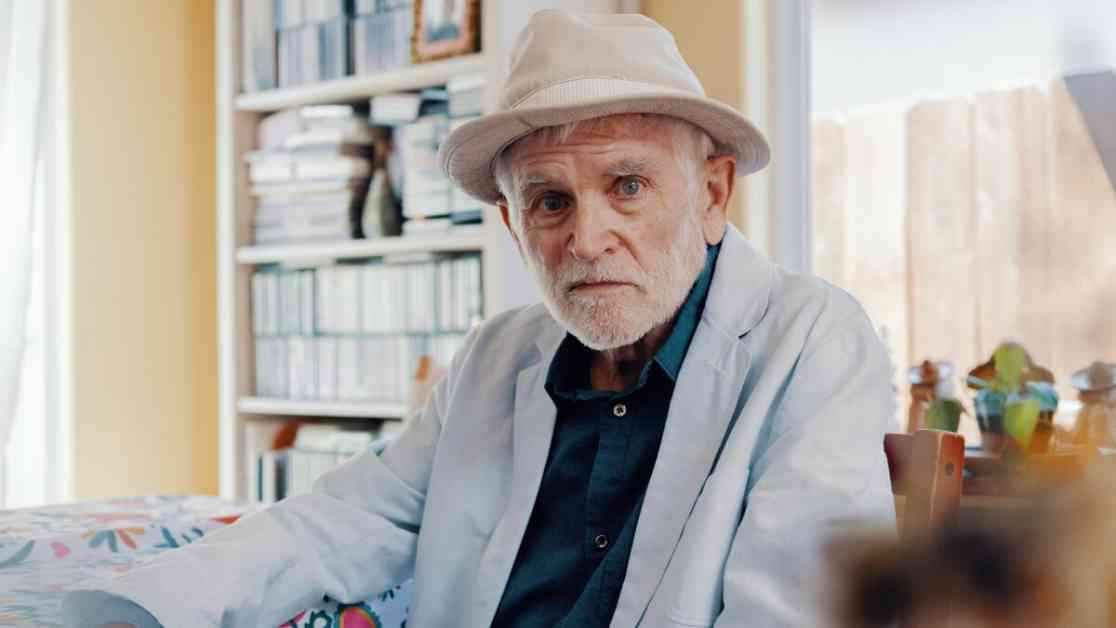Los Angeles, a city of contrasts, known for its glitz and glamour, is facing a different kind of reality—one that urbanist Mike Davis predicted decades ago. From hellish wildfires to erratic weather patterns, destructive winds, and debris flows, the City of Angels is experiencing a series of ecological and man-made disasters that are reshaping its landscape.
Mike Davis, a prophetic figure in the realm of urban studies, first rose to prominence in the 1990s with his bold forecasts about the fate of Los Angeles. While his work initially sparked controversy among city boosters who viewed him as a harbinger of doom, Davis is now revered as a visionary alongside other L.A. luminaries like Joan Didion, Carey McWilliams, and Octavia Butler. His words resonate more than ever in the current climate of uncertainty and upheaval.
In his 2006 book, which highlighted the threat of avian flu, Davis did not shy away from critiquing powerful industries, calling out the poultry sector for profiting from global chicken production driven by disease outbreaks. His unique perspective and unflinching commentary set him apart as a voice of truth in a world grappling with environmental and societal challenges.
Despite the apocalyptic scenarios painted by Davis, the true essence of his message lies in a call to action. In the wake of recent wildfires like the Palisades and Eaton fires, it has been the resilience and compassion of ordinary Angelenos that have shone through. Community members have banded together to raise millions for recovery efforts, demonstrating the spirit of solidarity and support that defines Los Angeles at its core.
Reflecting on Davis’ legacy, it becomes evident that he was not simply a pessimist, but a passionate advocate for change. His writings served as a rallying cry for collective action and a reminder of the power of community in the face of adversity. As his friend and co-author Jon Wiener aptly put it, Davis was not a doomsday prophet but a truth-teller shedding light on the human toll of environmental neglect.
In the aftermath of the fires, organizations like the National Day Laborer Organizing Network and the Coalition for Humane Immigrant Rights of Los Angeles have stepped up to assist those most affected by the devastation. Their efforts, coupled with grassroots initiatives on social media, have provided a lifeline for individuals struggling to rebuild their lives in the wake of disaster.
For Alessandra Moctezuma, Davis’ widow, and their son James, the recent events in Los Angeles have evoked a mix of emotions and reflections. Moctezuma, an artist and curator, recalls the deep connection Davis had to the city and its residents, emphasizing his belief in the power of mutual aid and community organizing. James, echoing his father’s sentiments, highlights the urgent need to address unchecked development and its impact on the environment.
As Los Angeles grapples with the aftermath of unprecedented wildfires and environmental challenges, the spirit of resilience and solidarity embodied by Mike Davis lives on. His legacy serves as a beacon of hope and a reminder that in times of crisis, it is the collective strength of communities that will pave the way for a brighter future.
Under the shelter of one another, people live—a sentiment cherished by Davis and echoed by those who continue to carry his message forward in the face of adversity. As Los Angeles rebuilds and regenerates, the seeds of change sown by Davis continue to inspire a new generation of activists and advocates, united in their mission to create a more sustainable and equitable future for all.


